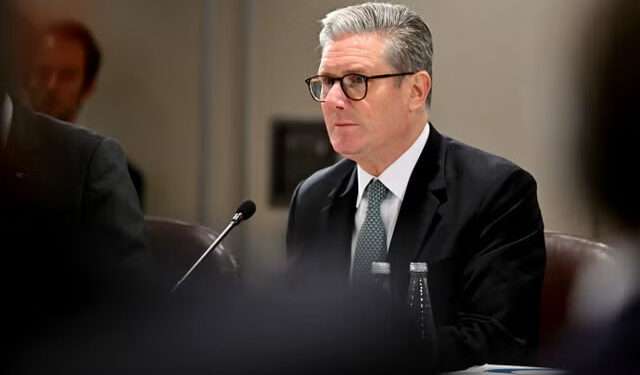Ghana is likely to ignore the debt service suspension initiative (DSSI) rolled out for the second consecutive time in two years from the onset of the pandemic.
This follows a successful issuance of the $5 billion Eurobond on the international market. Ghana made a U-turn to the international capital market this year, after successfully raising up to $3 billion in 2020.
Ghana’s ability to raise $5 billion from ICM to whet appetite of other African countries
The government, thus secured $3 billion from an oversubscription of $6 billion, which indicates Ghana’s sustained credibility with the investor community. Ghana issued a non-conventional 4-year zero-coupon bond for the first time on the international market and was successful.
Moreover, the government by this action plans to use the funds raised to support the 2021 budget; freeing up liquidity and conduct liability management on both external and domestic bonds.
Nonetheless, this comes at a time when Ghana has been listed among 73 other countries as eligible for a temporary suspension of debt-service payments owed to official bilateral creditors. This initiative is run by the G20 countries in collaboration with the IMF and the World Bank to help countries focus on speeding up recovery from the pandemic.
Government’s reluctance to take up DSSI
Technically, the success of the Eurobond issued by the government serves a similar role as the debt service suspension initiative; to support the budget and ensure debt management.
However, the government risks a rating downgrade, opting for the DSSI. This featured implicitly in the country’s decision in opting against the debt moratorium last year.
Thus, opting for the DSSI may lead to a downgrade by international rating agencies (S&P global, Fitch Ratings, Moodys). This may affect subsequent issuance of debt instruments on the market. As such, taking up the debt service suspension initiative implies that Ghana has borrowed irresponsibly and therefore may be viewed as a high-risk borrower in the future.
Moreover, Ghana would be in breach of the terms of Eurobond that it currently holds. Under the contract terms of Eurobonds, countries are disallowed from seeking a suspension of debt payments under multilateral initiatives. This would amount to defaulting, should Ghana opt for the DSSI.
Deloitte’s support for DSSI
This notwithstanding, a post-budget analysis by Deloitte recommended that the government should take advantage of the G20’s DSSI. This is so that government’s repayment plan may ease and may also allow government space to free up some funds for much-needed investments.
“Government should diversify sources of borrowing by seeking concessionary facilities from developing partners.
“In addition, government should take advantage of the recent Debt Service Suspension Initiative (DSSI) introduced by the G20 countries. The DSSI will help Government restructure existing debt and reduce the debt burden in the short to medium term.
“If Ghana fails to take advantage of the DSSI, the country could lose the opportunity to get some liquidity in the short term to support social, health and economic spending required to support the proposed economic recovery. This could potentially lengthen the expected recovery period post-COVID-19.”
Meanwhile, the government has so far been to the international market for four consecutive years; $2 billion in 2018, $3billion in 2019; $3 billion in 2020.
This year’s Eurobond issuance comes after a series of fixed-income virtual meetings with investors from the United States, United Kingdom, Europe, Middle East and Asia.





















